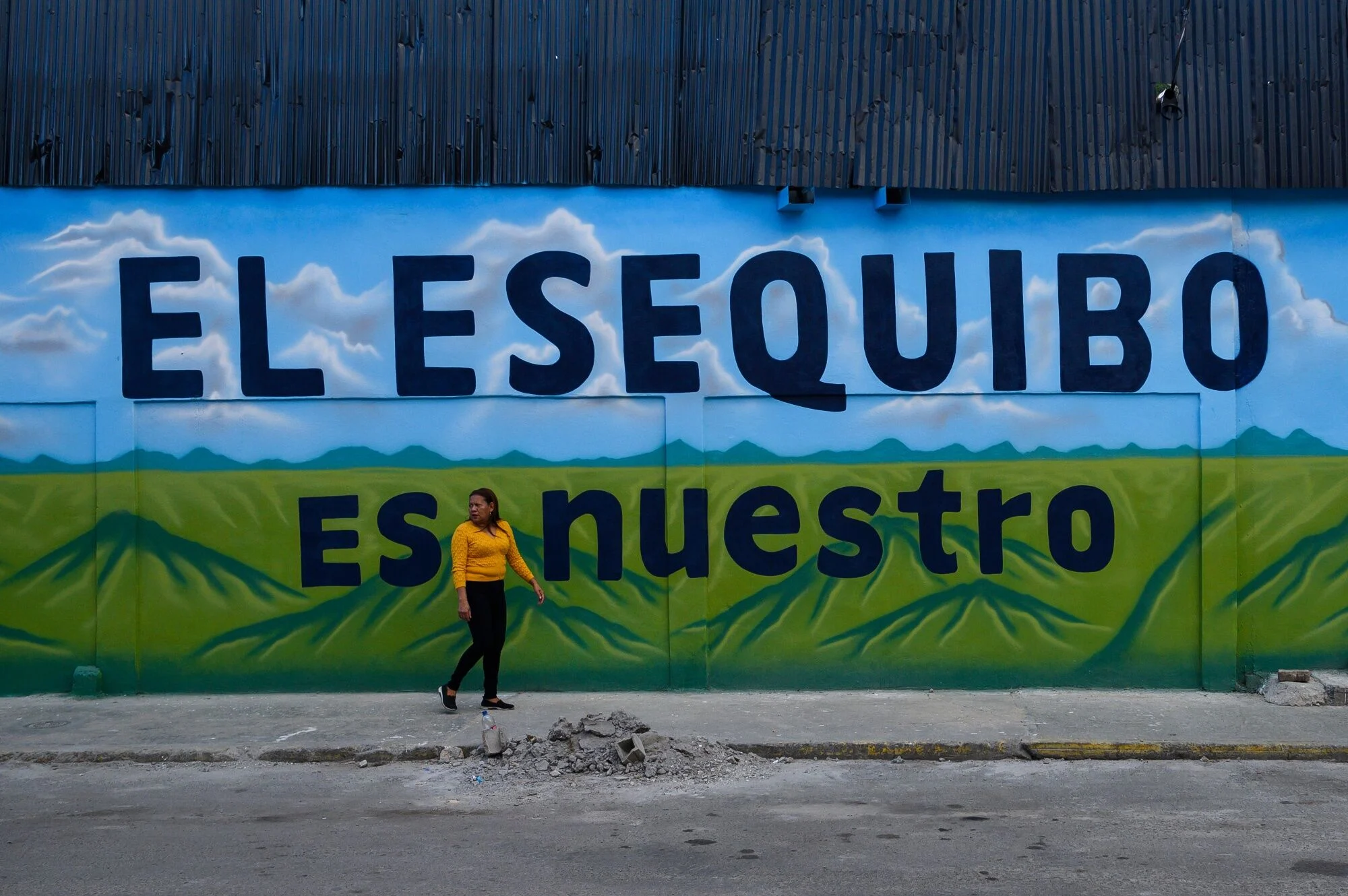In recent developments that have caught the attention of the international community, Venezuela's longstanding territorial dispute with Guyana over the Essequibo region has intensified. Venezuelan President Nicolás Maduro's government conducted a referendum, with results showing overwhelming support for annexing the oil-rich Essequibo region, which constitutes two-thirds of Guyana's territory. This move has raised alarms about the potential for an armed conflict in a region already fraught with political and economic instability.
The roots of this conflict trace back to colonial times. The disputed Essequibo region, rich in natural resources, including vast oil reserves discovered in 2015, has been a point of contention since the 19th century. The 1899 arbitration award granted sovereignty to Guyana (then a British colony), a decision Venezuela has long contested. The discovery of oil has only heightened the stakes, bringing this dormant dispute back into the limelight.
The political implications of this renewed conflict are significant. Venezuela, amidst economic turmoil and political instability under Maduro's regime, sees the resource-rich Essequibo as a potential economic lifeline. Guyana, on the other hand, views Venezuela's actions as an aggressive infringement on its sovereignty and territorial integrity. The situation is further complicated by the involvement of major oil companies like ExxonMobil in the region, making it a point of interest for global energy markets.
Regionally, the conflict has the potential to destabilize South America. Brazil, sharing borders with both nations, has intensified its military presence in the region, signaling its concern over the escalating tensions. The U.S. and other international actors have urged for a peaceful resolution, emphasizing the importance of diplomacy over military action. The International Court of Justice (ICJ) has ordered Venezuela not to take any action that would infringe on Guyana's territories, but the referendum went ahead, casting doubts on Venezuela's commitment to international legal processes.
The global implications of this conflict cannot be understated. With the world's eyes on other major geopolitical crises, the Venezuela-Guyana dispute represents another flashpoint that could have far-reaching consequences. The involvement of major powers, the strategic importance of oil reserves, and the potential for an armed conflict make this a situation of global significance.
As tensions continue to rise, the international community watches with bated breath, hoping for a peaceful resolution to a dispute that has the potential to alter the geopolitical landscape of South America and beyond.










Trackbacks and Pingbacks